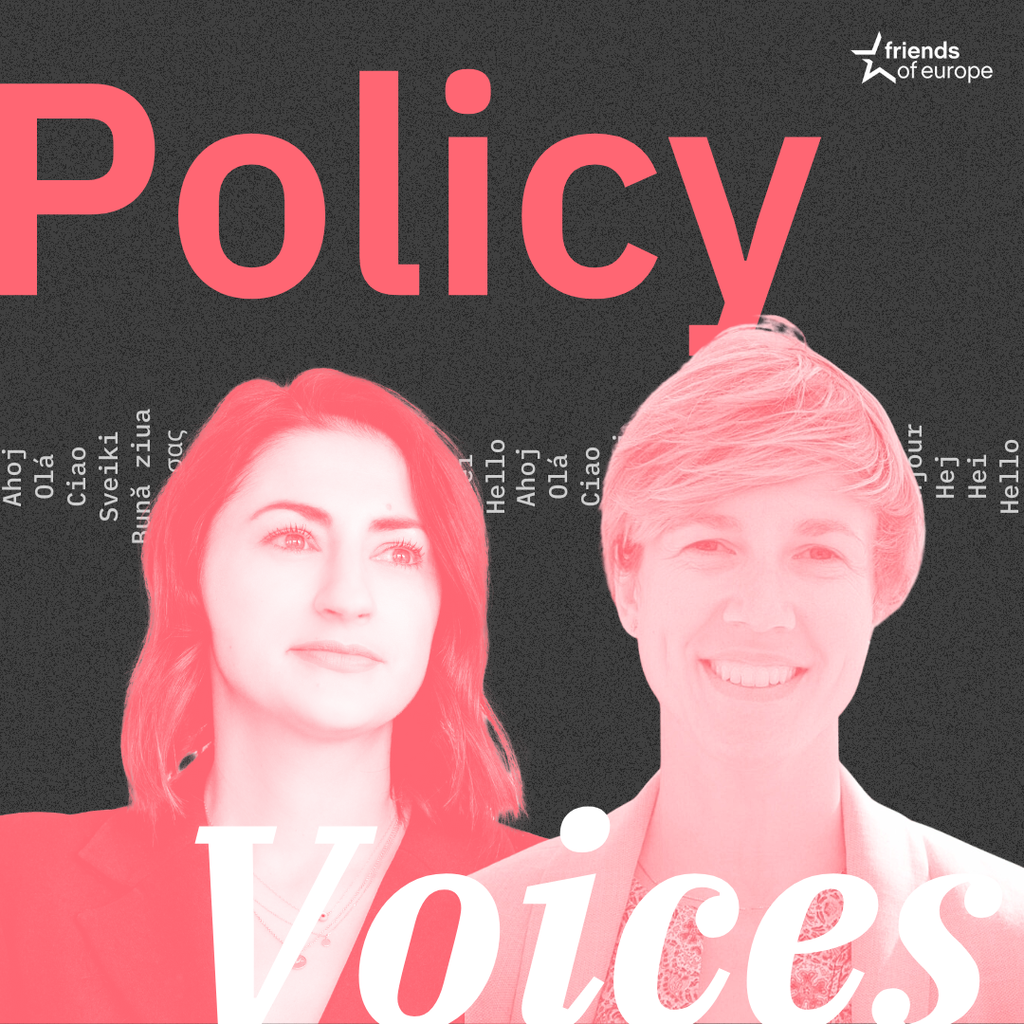A bold vision for a climate-neutral and competitive Europe
Next event In person & livestreamed

- Area of Expertise
- Climate, Energy & Natural Resources
Climate, Energy & Natural Resources

Director, International Engagement and Non-CO₂ Initiatives at ClimateWorks
In the last few years, EU leaders have been focused largely on macro-economic issues surrounding the financial crisis. For many European citizens, the resulting austerity has been very hard, seemingly far removed from quality of life issues they prioritise. Perhaps not by coincidence, citizens’ trust in the European project is at an all-time low: less than a third of those polled.
The irony is that many of the things that people value, like meaningful employment and a clean and pleasant environment, are undermined by the very things leading to the crisis. That is, a deficient development model built on overconsumption and natural resource overexploitation, thanks to a lack of vision and resolve among many EU leaders.
Nevertheless, economic modelling by UNEP estimates that reallocating just 2% of global GDP from “brown investment” to make key sectors of the economy greener will enhance economic performance, increase global wealth, reduce environmental risks and social inequalities, and rebuild capacity to generate future prosperity.
In the run-up to the UN leaders’ summit on climate change on 23 September (following what should be the world’s largest-ever public mobilisation on the issue), the ‘New Climate Economy Report’ is addressing many of these same issues. Some of the most salient language should be read carefully by European leaders:
“The hard and poorly understood problem of improving governance and institutions is an essential element of reform strategies. …Some of these limitations may represent daunting challenges for reform.. But this should not discourage a well-considered, bold and persistent effort to act.”
Europe needs to redouble its efforts and manage complexity rather than being overwhelmed by it. The EU suffers from a lack of clear vision and strategy, and consistent political frameworks; meanwhile investment shortages and harmful subsidies continue to promote business-as-usual practices. We need to support a shift from sunset sectors to energy and resource efficient technologies, with eco-innovation and ecosystem based resource management.
An ideal place to reflect that kind of broad agenda would have been in the new European Commission’s structure of clusters led by Vice-Presidents. But instead, key portfolios like Environment and Marine, and Climate and Energy, have been merged despite their weighty agendas. The mandates given to them and to the Vice Presidents of clusters in which they are contained do not at first glance appear to reflect deeper thinking on how to manage a complex change process to maximise economic and environmental value. Instead the focus seems to be on simplification for its own sake. The “hard and poorly understood problem” could be left unresolved, with tragic global consequences.
Or, perhaps, the message on inclusion of environmental values into economic decision-making is so thorough and so well-integrated into the new Commission that it appeared superfluous to give it a separate designation. The benefit of the doubt is always a nice way to start. One key element of proof will be how much the EU can genuinely shift its nearly trillion-euro, seven-year spending plan from brown investment in sunset sectors, to green investment in forward-looking technologies. Watch this space.
Next event In person & livestreamed

Past event In person & livestreamed

Past event In person & livestreamed

Past event In person & Livestreamed





Stay informed
We use cookies and similar technologies to adjust your preferences, analyze traffic and measure the effectiveness of our campaigns. Learn more about our privacy policy.